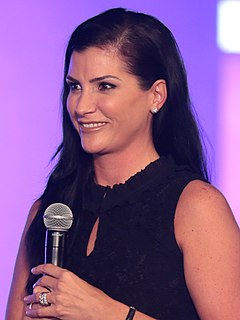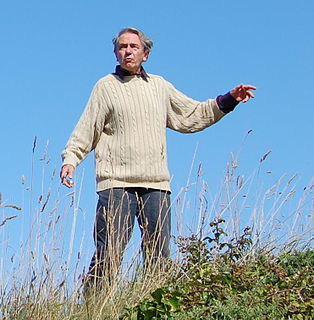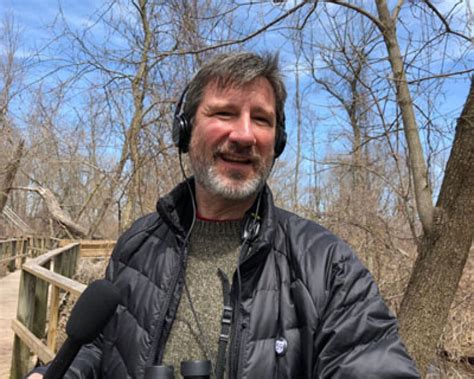A Quote by Pete Buttigieg
When I think about where most of Scripture points me, it is toward defending the poor, and the immigrant, and the stranger, and the prisoner, and the outcast, and those who are left behind by the way society works.
Related Quotes
And if you look at society, the way it works, they are creating, from cradle to grave, left-brain prisoners. To advance in this society, you have to be good at passing exams in school, which are taking in left-brain information overwhelmingly. Then you go to the next level, and so on so that by the time you reach any level of significant influence in society or the institutions of society, you are fundamentally locked into your left brain. Or at least the majority of people are.
When we talk about defending Muslims, defending women, we're automatically by default excluding someone, but when we talk about defending liberty, when we talk about defending the freedoms that are enshrined within our founding documents, that is inclusive of every American. That's a message the American left needs to learn as we move forward.
Faulkner's 'As I Lay Dying' had an immense effect on me, and most of my novels bear the burn marks of this experience, those short chapters with their conflicting points of view, truth expressed by multiple perspectives. The other attractive thing about 'As I Lay Dying' was the way it gave rich voices to the poor.
To speak only well of Jacques Ranciere is not an easy task, given the positions that the two of us occupy. Perhaps my constant praise might, in fact, be the worst fate that I could have in store for him. Would doing so be precisely the most underhanded way to attack him? If, for example, I were to announce that we are in agreement on a number of important points, how would he take that? Would he rather just as soon change his mind on all those points and leave me behind?
I look back at the Clinton administration as eight years of a fundamental transformation in the direction of the country - toward favoring big business, and toward almost frontal assaults on the most underprivileged members of the society. It was much more than cutting the social safety net. Clinton followed that by the abuse of those at the lowest rungs of our society - in ways that I don't think Bush, for all of his manifest faults, has done to the same degree.

































